Kenya/July 11, 2017/By: Diana Warira* /Source: https://www.standardmedia.co.ke
The need to provide sexuality education for Kenya’s youth has been the subject of discussion in Kenya’s development circles for decades. Whether sexuality education has a critical role in improving the sexual and reproductive health outcomes of youth, or not, is no longer the debate. Why? One may ask. Well, research evidence already shows that sexuality education reduces risky sexual behaviour among youth. This means that when youth are well-informed about their sexuality, then the likelihood of engaging in risky sexual behaviour reduces. Those who are abstaining from sex continue abstaining, and those who are already having sex practice safer sex. This means that sexuality education has potential to reduce teenage pregnancy, unsafe abortions, and HIV infections among other negative sexual and reproductive health outcomes in Kenya.
However, despite the strong evidence supporting the need for sexuality education for Kenya’s youth, the momentum the government had gained over recent years towards incorporating sexuality education in the formal education curriculum seems to have waned, drastically. To quote one development practitioner, the ‘matter was shelved.’
We have an enabling policy environment, right?
More puzzling is the fact that the government has a policy outlining the need for sexuality education for Kenya’s youth, adolescents to be precise. The Ministry of Health’s National Adolescent Sexual and Reproductive Health (ASRH) Policy of 2015 outlines contributing to increased access to ASRH information and age-appropriate comprehensive sexuality education (AACSE) as one of the policy objectives. The Policy goes on to outline that it shall “Strengthen ASRH information and AACSE programmes for out-of-school and in-school adolescents.”
Further, in order to ensure the policy recommendations are implemented, the Policy stresses the use of a multi-sectoral approach cutting across various ministries and state agencies. Top on the list of ministries to be involved in the Policy implementation is the Ministry of Education, Science and Technology (MoEST). The Policy stipulates that MoEST shall implement sexuality education, AACSE to be precise, in-line with the Education Sector Policy on HIV and AIDS of 2013. Other areas of involvement for MoEST as outlined in the Policy are: facilitating provision of information to parents on the sexual and reproductive health of adolescents within the school set up, and strengthening partnership with the Ministry of Health (MoH) to provide ASRH information and services in schools.
That said, it is clear that the question of whether we have a policy framework, or not, within which to implement sexuality education is no longer valid. Several groups of stakeholders, including a technical working group on adolescent sexual and reproductive health, have convened in order to deliberate how to move the policy recommendations into action. However, all these efforts seem to have hit a snag.
While the mandate of ensuring good sexual and reproductive health outcomes among youth falls on the MoH, implementation at the school level lies with MoEST. A good point to note is that we have a National Curriculum Policy of 2015, which outlines various education reforms driven by the Second Medium Term Plan of Kenya Vision 2030. The Policy seeks to ensure life-long learning and steer learners towards achieving their full potential.
Ensuring that youth have good sexual and reproductive health outcomes is a major determinant as to whether youth achieve their full potential or not. However, the glaring absence of any mention of sexuality education (or the more salient option, family life education) in the National Curriculum Policy as part of the curriculum reforms is evidence to the disconnect in commitments between the various state agencies charged with steering the ASRH Policy and other policy frameworks forward. The 2015 National Curriculum Policy was an excellent opportunity for MoEST to take up some of the recommendations of the 2015 ASRH Policy in order to ensure joint effort towards improving the sexual and reproductive health of Kenya’s youth. Perhaps it is worth mentioning that the ASRH Policy was published a few months ahead of the National Curriculum Policy hence there was room to incorporate these elements in the latter.
A middle ground perhaps?
The lack of collective political will within government therefore, is the greatest hurdle standing in the way of realising sexual and reproductive health among Kenyan youth. It is widely known that a notable proportion of adolescents in Kenya are engaging in sex. The 2014 Kenya Demographic and Health Survey (KDHS) reported that half of women and men begin having sex by age 18. Moreover, 15 percent of women and 22 percent of men aged 20-49 had sex by age 15. Opponents of sexuality education have pointed out that this type of education, if implemented in schools, will lead to moral decadence, spike curiosity among adolescents to experiment with sex, among other issues. However, shouldn’t the government, parents, teachers and other stakeholders be working collaboratively to ensure these young ones have the right information regarding their sexual and reproductive well being? The ASRH Policy is very clear on the emphasis on ‘age-appropriate’ sexuality education. This means that information shared with a 10 year old is very different from that shared with an 18 year old. The fixation on the ‘comprehensive’ bit of sexuality education has led many to throw out the entire agenda. Throwing the baby out with the bathwater, so to speak.
While the arguments against sexuality education may be hinged on genuine fears, it is time we separated the evidence from the myths and opinions. It is at this point that the government agencies charged with steering this matter should step up to provide guidance on the best way forward. Sexuality education, comprehensive or not, is a critical remedy to the runaway morals we are witnessing among our youth, and a long-term fix to the declining sexual and reproductive health outcomes. If nothing is done, we shall not only miss the sustainable development targets on improving the health and wellbeing of Kenyan youth, but also the Vision 2030 goals. Therefore, a key question for us to answer is – should we let go of what the evidence says because the reality makes us uncomfortable, or should we all find a middle ground and save our youth while we still have the chance?
*Diana Warira is a Communications Officer at the African Institute for Development Policy (AFIDEP)
Source:
https://www.standardmedia.co.ke/ureport/story/2001246878/sexuality-education-for-kenya-s-youth-when-the-evidence-is-on-the-wall-but-politics-gets-in-the-way
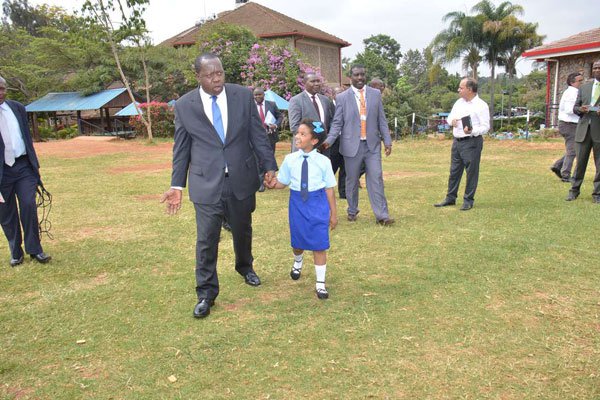
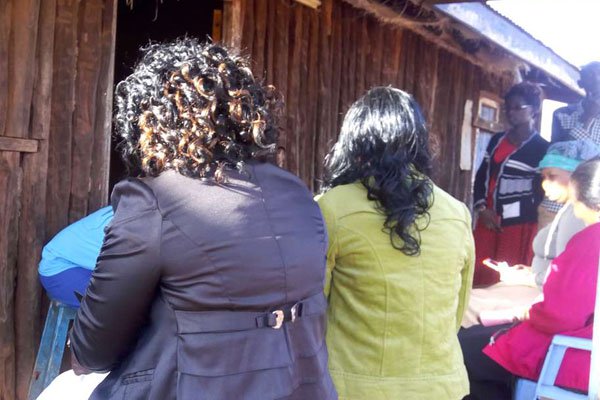
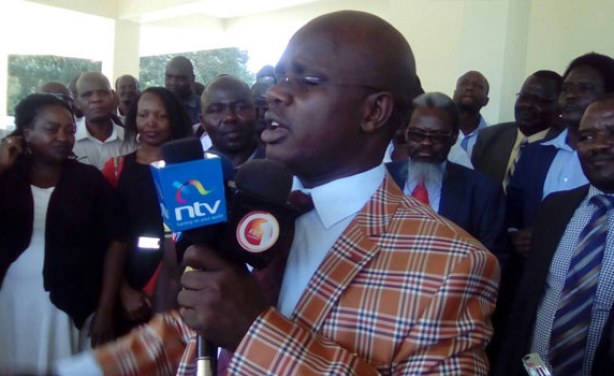
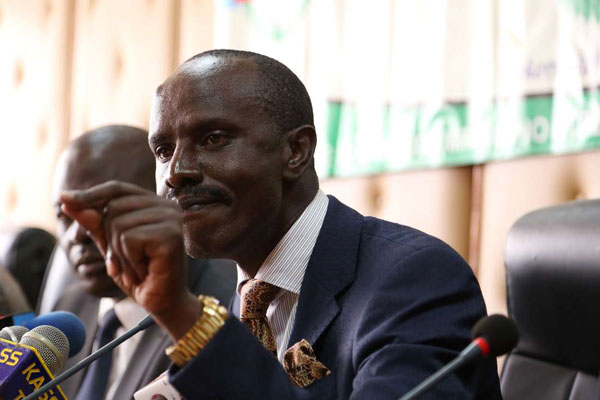
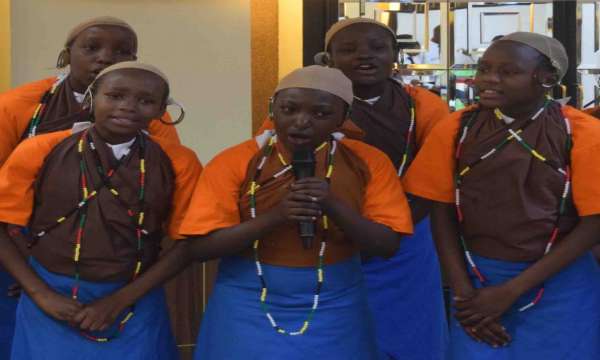
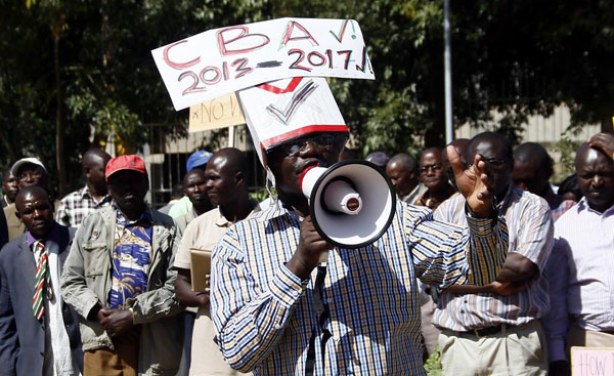






 Users Today : 122
Users Today : 122 Total Users : 35404600
Total Users : 35404600 Views Today : 143
Views Today : 143 Total views : 3334183
Total views : 3334183